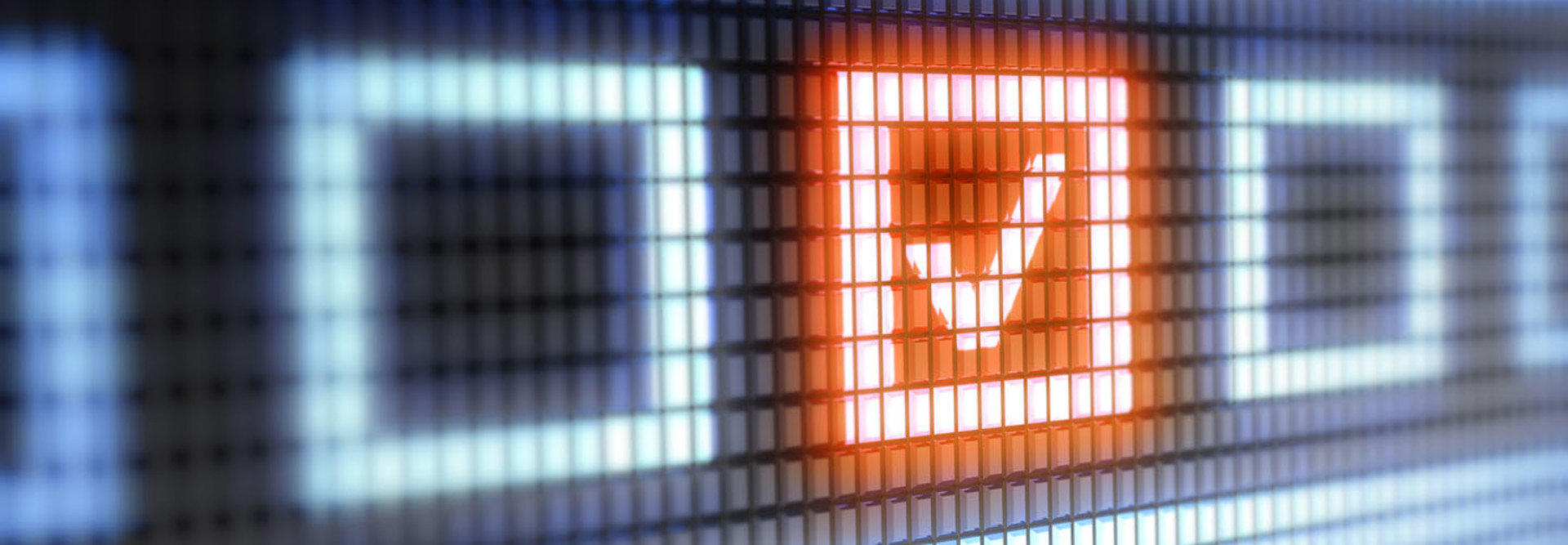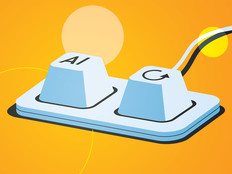West Virginia Pilots First Blockchain-Powered Federal Voting App
As states and localities continue to sift out exactly how blockchain can make a difference to government operations, West Virginia is testing the technology in one of the most foundational aspects of government: voting.
After the West Virginia Secretary of State’s office announced in March its intention to pilot the technology to enable secure military mobile voting in two counties, it became the first state in the U.S. to do so in its May 8 primary election. While there’s certainly more investigation to be done before the state can call the pilot of the blockchain-based mobile app a runaway success, the initial reports are encouraging.
“One particular overseas voter voted for the first time in over 15 years, so that was particularly heartening for us and a small indicator of the potential impact of this new platform,” a spokesperson for Voatz, the company that built the blockchain-based voting app, tells Modern Consensus.
SIGN UP: Get more news from the StateTech newsletter in your inbox every two weeks!
Blockchain Delivers Flexibility and Security to Voters
While hopes for the technology are certainly high, the initial pilot was available to only a few voters. West Virginia Secretary of State Mac Warner tells Government Technology the pilot was truly focused just on evaluating blockchain’s capability to enable mobile voting.
“I’m really not concerned about numbers,” Warner says. “We’re really just looking at the technology.”
The blockchain-based mobile app uses biometrics to verify the voter’s identity, then records the vote from the mobile device onto a “chain” where it is verified by a third party. For voters, this means much more flexibility and security when it comes to the voting process, given that the vote can happen from anywhere with an internet connection.
“If the military or their family or other Americans working overseas are in an area [where] they may or may not have access to any kind of computer technology [or] scanner, they may not have access to regular postal service,” Carye Blaney, the clerk for Monongalia County, W.V., one of the counties involved in the pilot, tells Government Technology. “And from a jurisdictional perspective, we can’t help them get that ballot back to us.”
It also offers deployed military voters a more anonymous way to vote.
“Normally when a military person submits an absentee ballot, they have to sign a waiver that they recognize that they’re giving up their right to a secret ballot because they have to send it back to us by email or fax,” Blaney says.
For states, it means that there is a firm recording of the vote and no reason that it should be miscounted. Moreover, blockchain is currently regarded as a secure system that, as of now, could be unhackable.
But perhaps the largest advantage is simply the inclusion it affords voters who may not be able to otherwise have their votes counted.
“We want to make sure that everyone fighting for our freedoms, for our democratic way of life, has an opportunity to participate in that democratic process,” Warner says.









